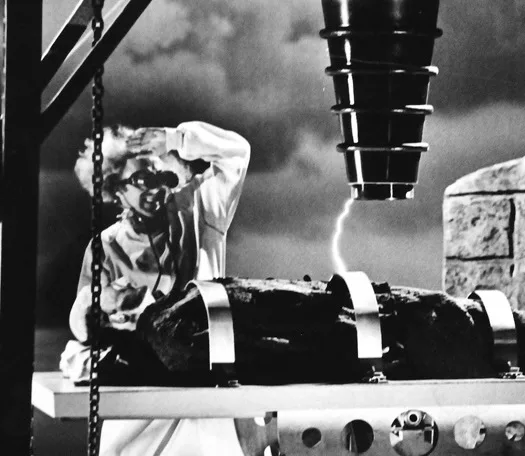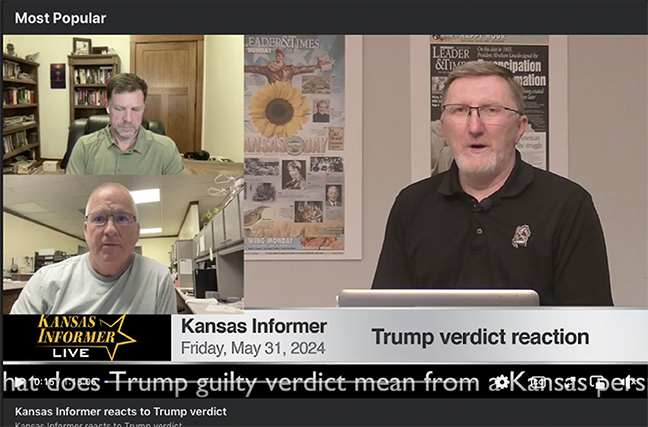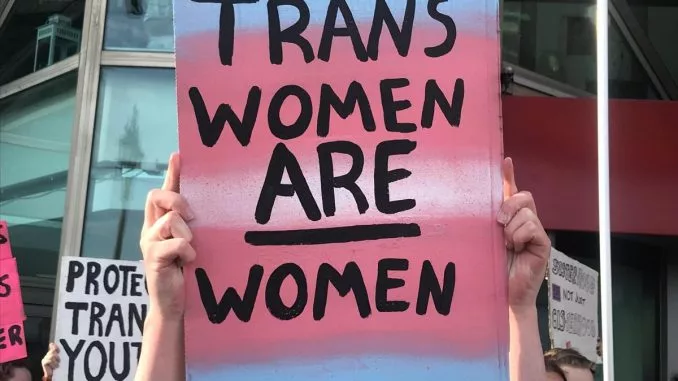Can I ask you to do one thing today?
Contact your Kansas House Member and ask them to vote “No” on HB2527.
If passed the bill would give Evergy unfettered power to recoup cost and depreciation, with many more carve outs and include this cost in rate increase hearings. Guess who pays? If you have electricity at your house, you do.
The language is troubling for transparency as well as creating a new hearing process around the authority of the KCC. Utility rates would be uncontrollable and no process would be left to fight them …
Also known as the Public Utility Cost Recovery Bill, it was introduced in the House Energy, Utility, & Telecommunication Committee at the request of Evergy, so evidently nothing is too far out of bounds for this company to ask of Kansas ratepayers.
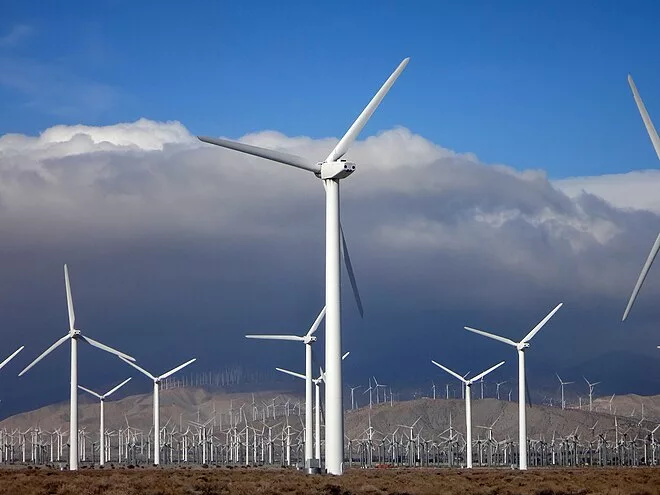
To be a necessary monopoly who has a guaranteed revenue stream without competition in power production and transmission delivery tariffs, one would assume the cards are all ready stacked in Evergy’s favor. But In the race to control the endless supply of federal government subsidies which are ushering in the new religion of Zero Carbon, Evergy is wasting no time making out their long laundry list of statute changes in HB 2527 that will make sure iots stockholders reap big benefits on the backs of Kansas customers.
Reading the amended version of HB 2527, it is apparent that not only Evergy’s interests will be served, but also the interests of the Southwest Power Pool’s Integrated Market Place of Renewable Energy (large-scale solar and massive wind turbine fields) that Evergy has been structuring over the last four years. The bill gives Everge carte blanche over:
•Establishing cost recovery mechanisms for public utilities
•Construction of certain electric generation facilities
•Revising the determination of rate base, Revising Capital structure
•Revising Return on equity in utility rate proceedings
•Revising the provision of economic development electric rates
Evergy, the necessary monopoly, will assume the role of making sure shareholders are guaranteed an “equitable” return on investment . For ratepayers in Kansas, “equitable” and “just” have replaced “reliable” as well as “affordable.” “Reliable and Affordable” was the promise of the federal government to the public back in the 1930s when landowners had to surrender their land for the “public good” in the building of the electrical grid.
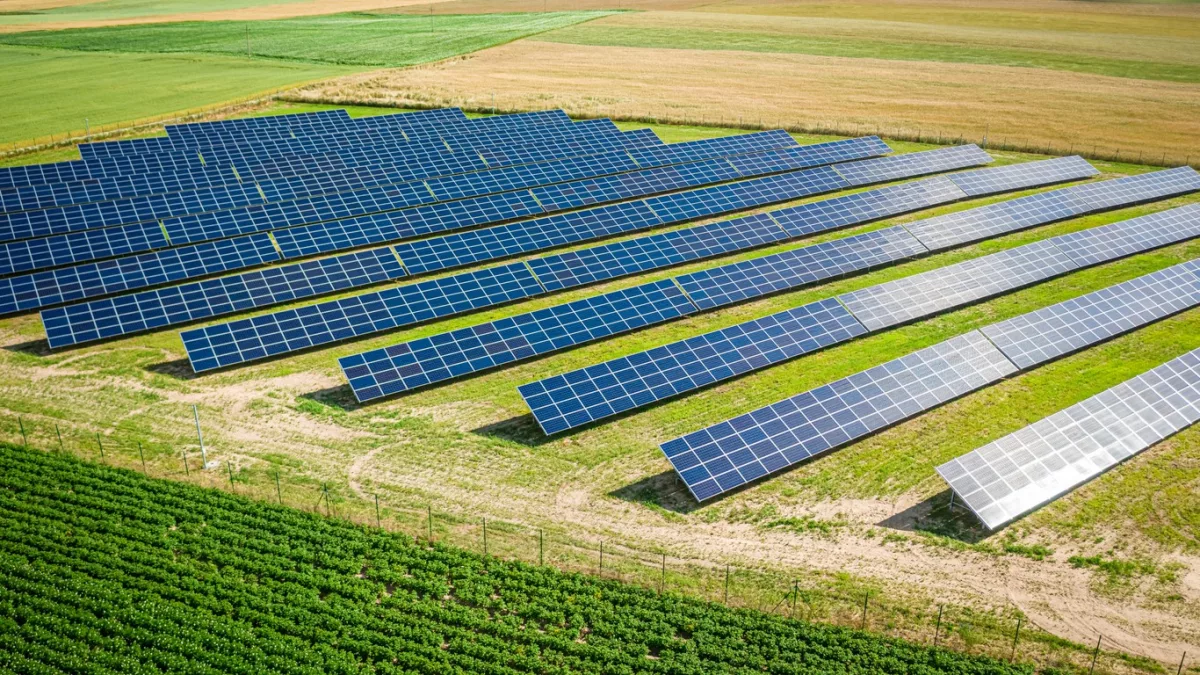
House Bill 2527 creates a new section of laws that would allow recovery of 100% of depreciation expense no matter what the KCC would allow. Get ready for the Zero Tax to go with Evergy’s Zero Carbon according to the allowable deductions utilities can take. Statements like “account for qualifying electric plants placed into service less retirements of the plants being replaced alludes to construction of facilities, but never elaborates on what they are retiring. Cleaner burning, highly efficient, cheap-to-operate coal plants, maybe?
If the bill passed, rate increase requests will now omit the agencies that are in place to create transparency for the public like the Kansas Corporation Commission. The new cost recovery mechanism would restructure the process of “revising the determination of rate base, capital structure and return on equity in utility rate proceedings”, leaving ratepayers and the Citizens Utility Rate Board neutered once again.
The most concerning statements would be found on Page 5 thru 8 where Evergy would become the NEW Kansas Economic Development Czar, with the power to extend discounts for electric to certain businesses, decide what certain electric generation facilities would be covered or decide location. The bill also proposes construction surcharges where Evergy customers would be on the hook to finance Evergy’s system build out without proper safeguards for ratepayers.
But the striking statements that shine in this bill are the dismissive language used when addressing the Kansas Corporation Commissions and its Authority. What avenue would be available for ratepayers or property owners to stand up for their property rights or question companies that are operating like rogue agents. The entanglement of rules, regulations, administrative procedures, and unfettered authority by a “necessary utility monopoly” should be greeted by Legislators with a ‘Hell NO.’
When it comes to the cost burden each Kansas family would have to carry, that fact was not even a mention in the fiscal notes of the bill. I encourage this Legislature to Vote NO on HB 2527 and take steps to develop an Energy Plan that fits Kansas. Let’s not roll the dice and gamble the farm away!

Virginia Macha – stand4thelandkansas.com
Virginia Macha is director of Stand For The Land Kansas, a property rights and landowner advocacy organization.

